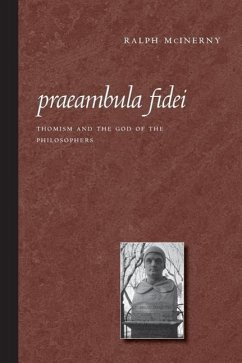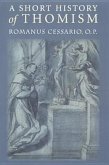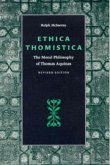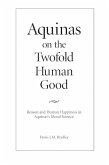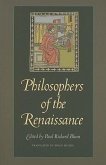The Praeambula Fidei ("preambles of faith") are regarded by Thomas Aquinas as the culmination of philosophy: natural theology, the highest knowledge of God that is possible on philosophical grounds alone. The natural home for such considerations is the Metaphysics of Aristotle and Thomas's commentary on that work. Yet Thomas's view has been cast into doubt, with philosophers and theologians alike attempting to drive a wedge between Aquinas and Aristotle. In this book, renowned philosopher Ralph McInerny sets out to review what Thomas meant by the phrase and to defend a robust understanding of Thomas's teaching on the subject. After setting forth different attitudes toward proofs of God's existence and outlining the difference between belief and knowledge, McInerny examines the texts in which Thomas uses and explains the phrase "preambles of faith." He then turns his attention to the work of eminent twentieth-century Thomists and chronicles their abandonment of the preambles. He draws a contrast between this form of Thomism and that of the classical Dominican commentators, notably Cajetan, arguing that part of the abandonment of the notion of the preambles as philosophical involves a misreading and misrepresentation of Cajetan. McInerny concludes with a positive rereading of Aristotle's Metaphysics and Aquinas's use thereof. In the end, the book argues for a return to the notion of Aristotelico-Thomism--Thomistic philosophy as the organic development of the thought of Aristotle.
Hinweis: Dieser Artikel kann nur an eine deutsche Lieferadresse ausgeliefert werden.
Hinweis: Dieser Artikel kann nur an eine deutsche Lieferadresse ausgeliefert werden.

